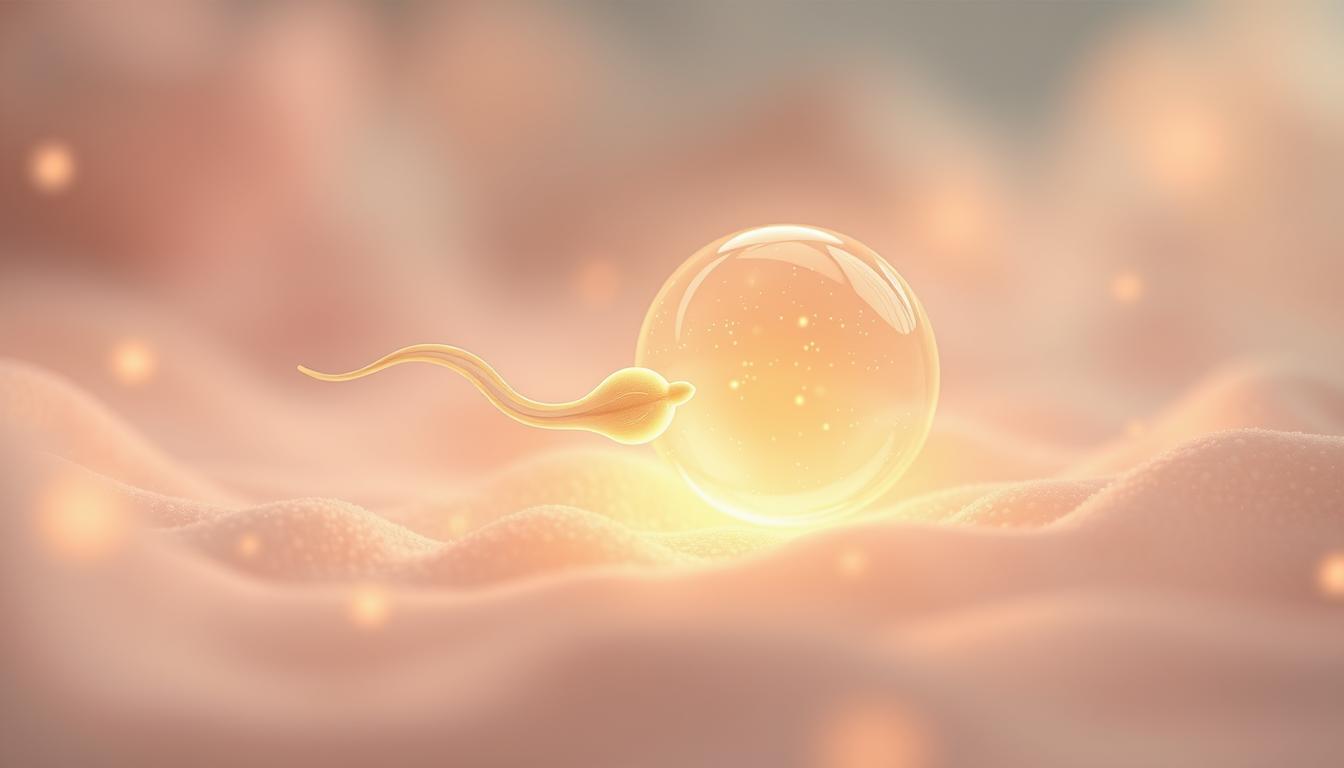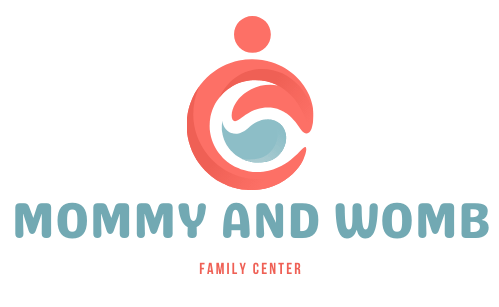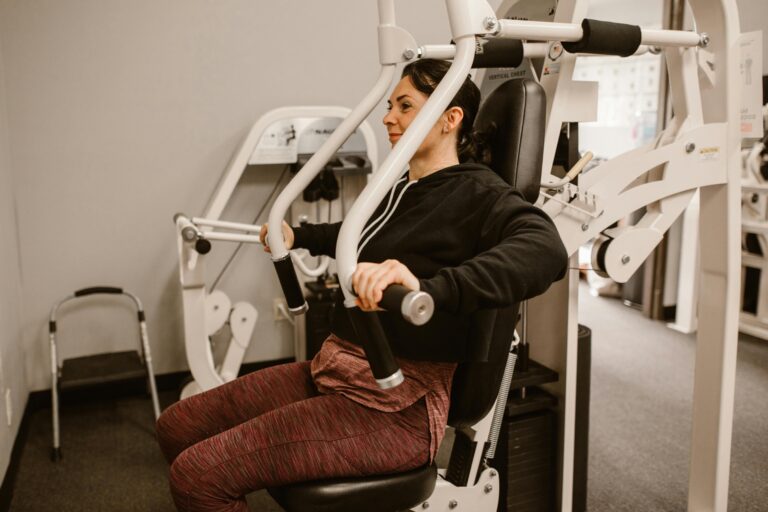Getting Pregnant: 15 Tips for Conception Success

Starting a family is a big step filled with excitement and anticipation. But, for many, the journey to pregnancy isn’t easy. The Mayo Clinic says about 10-15% of couples in the U.S. face infertility. Knowing what affects female fertility and taking action can boost your chances of getting pregnant.
Table of Contents
Understanding Female Fertility
Female fertility means a woman can get pregnant and carry a baby to term. It involves many factors that affect reproductive health. Knowing about female fertility is key for those trying to conceive.
What is Female Fertility?
Female fertility is when a woman can get pregnant and have a baby. It depends on hormones, ovulation, and reproductive health. Regular periods and a released egg during ovulation show fertility.
Factors Affecting Female Fertility
Many things can change a woman’s fertility, including:
- Hormonal Conditions: Issues like polycystic ovary syndrome (PCOS), thyroid problems, and uncontrolled diabetes can mess with ovulation.
- Uterine or Cervical Problems: Problems with the uterus or cervix, like endometriosis, can make it hard to get pregnant.
- Fallopian Tube Damage: Damage or blockage in the fallopian tubes stops the egg from reaching the uterus.
- Early Menopause: As women get older, especially over 40, egg quality and quantity drop, affecting fertility.
Keeping reproductive health in check and knowing these factors is vital for those trying to conceive.
“Fertility is a complex process, and understanding the factors that can affect it is the first step towards conception success.”
Lifestyle Choices to Improve Fertility
Changing your lifestyle can greatly help your fertility. This includes keeping a healthy weight, avoiding STIs, and managing stress. These habits can make it easier to conceive.
Maintain a Healthy Weight
Being too heavy or too light can mess with your cycles. This makes it harder to get pregnant. To stay healthy, eat well and exercise often.
Prevent Sexually Transmitted Infections
STIs like chlamydia can harm your tubes and make it hard to conceive. Use protection and get tested often to avoid STIs and keep your reproductive health safe.
Manage Stress and Work-Life Balance
Too much stress can hurt your fertility. Try meditation, yoga, or other ways to relax. This helps you balance work and life and boosts your fertility.
“Achieving a healthy work-life balance is crucial for supporting your reproductive health.”
By focusing on these lifestyle changes, you can improve your chances of getting pregnant. You’ll create a great environment for your future baby.
Diet and Nutrition for Conception
Eating a fertility diet full of antioxidants, omega-3 fatty acids, and the right mix of nutrients is key. It helps boost your chances of getting pregnant. By choosing the right foods, you can help your body get ready for a baby.
Antioxidant-Rich Foods
Eating foods high in antioxidants like fruits, vegetables, nuts, and whole grains can protect your reproductive cells. For instance, eating walnuts daily for three months can improve sperm health. Also, heating tomatoes for just two minutes increases lycopene by 54%, and after 25 minutes, it rises by 75%. Citrus fruits are also full of vitamin C, which is good for sperm.
Balanced Macronutrients
It’s important to have the right mix of macronutrients like carbohydrates, protein, and healthy fats for reproductive health. For those with polycystic ovary syndrome (PCOS), eating less refined carbs and more protein and healthy fats can help.
- Research shows that eating more plant-based proteins can cut the risk of ovulatory disorders by half.
- Adding monounsaturated fats to your IVF cycle can lead to a three and a half times higher success rate.
- Full-fat dairy products are linked to a lower risk of ovulatory infertility, while low-fat dairy raises the risk.
By following these fertility diet tips, you can help your body get ready for a baby. This can increase your chances of getting pregnant.
Exercise and Physical Activity
Regular exercise is key to boosting fertility. It helps regulate hormones and keeps your weight healthy. But, too much intense exercise can harm your chances of getting pregnant.
Moderate Exercise Routine
The Mayo Clinic suggests doing less than 5 hours of intense exercise a week. Activities like walking, swimming, or light cycling are good. They support ovulation and hormone balance, helping you conceive.
Women with polycystic ovary syndrome (PCOS) can greatly benefit from moderate exercise. PCOS affects up to 20% of women of childbearing age worldwide. Regular, moderate exercise can help regulate ovulation and improve fertility in these women.
“Regular, moderate exercise increases the chances of faster conception.”
It’s vital to listen to your body and set achievable goals. Enjoying your exercise routine is important. Adding strength training to your cardio can help maintain a healthy weight and balance hormones, boosting fertility.
Remember, finding a balance between exercise and rest is crucial. Too much intense exercise can harm fertility by disrupting ovulation and hormone levels. A moderate exercise routine supports reproductive health and boosts conception chances.
Avoiding Harmful Substances
When you’re trying to conceive, it’s key to avoid harmful substances. These can hurt your fertility and your baby’s health. Let’s look at how quitting smoking, cutting down on alcohol, and reducing caffeine can help you conceive successfully.
Quit Smoking and Alcohol
Smoking harms fertility in both men and women. It damages eggs, sperm, and reproductive organs. This makes it harder to conceive. Quitting smoking is a big step towards better fertility and a healthy pregnancy.
Drinking too much alcohol can also mess with ovulation and hormone levels. This makes getting pregnant more challenging. It’s best to avoid alcohol when you’re trying to conceive.
Limit Caffeine Intake
While a little caffeine, less than 200 mg a day, doesn’t hurt much, it’s wise to cut back. Too much caffeine can harm fertility and increase miscarriage risks.
By quitting smoking, drinking less, and drinking less caffeine, you’re setting up a great environment for conception. These changes support your fertility and your baby’s health.
“Avoiding harmful substances is one of the most important steps you can take when trying to conceive. Your health and the health of your baby are the top priority.”
Getting Pregnant: Tips and Strategies
Trying to conceive is both exciting and challenging. Besides adopting a healthier lifestyle, there are many tips to boost your chances. Let’s look at some key ways to improve fertility.
Tracking your ovulation cycle is a crucial step. You can do this by checking your basal body temperature, using ovulation prediction kits, or with fertility awareness methods. Knowing your most fertile days helps you time intercourse for the best chance of getting pregnant.
Having regular, unprotected sex every 2-3 days around ovulation is advised. Studies show that daily or every-other-day sex increases pregnancy rates. Remember, the egg can be fertilized 12-24 hours after ovulation, and sperm can stay viable for up to 72 hours.
Other strategies can also help. Keeping a healthy weight, managing stress, and avoiding harmful substances like smoking and too much caffeine can aid in conception.
Patience and persistence are key when trying to get pregnant. With the right approach and a bit of luck, you’ll be on your way to a healthy pregnancy. If you’ve been trying for a year without success, or six months if you’re over 35, seeking a fertility specialist’s advice is wise.
“Tracking your ovulation cycle and timing intercourse accordingly can greatly improve your chances of getting pregnant.”
The Role of Age in Fertility
As you get older, it’s key to know how age affects your fertility. The best time for women to have kids is in their early 20s. But, fertility starts to drop as you age.
By your late 30s, your fertility might be less than half of what it was in your 20s. This decline in female fertility is crucial for those wanting to get pregnant. It can affect how long it takes to conceive or if you need help like IVF.
The number of eggs you have peaks during pregnancy and then goes down. This drop speeds up after age 32. By age 37, it drops even faster. This ovarian reserve decline is a big reason for the age and fertility issue.
- People in their 20s and early 30s have a 25% chance of getting pregnant in one cycle. This drops to less than 10% by age 40.
- Miscarriages happen in 10% to 30% of pregnancies. Older mothers face higher risks of genetic problems.
- The risk of infertility goes up with age. Women over 35 should see a doctor after six months of trying to conceive.
While age and fertility challenges are tough, there are ways to preserve your fertility. Options like egg or embryo freezing with IVF are available. Talking to a healthcare provider about your family plans can help you make the right choices.
Preconception Care and Planning
Getting ready for a healthy pregnancy starts well before you conceive. It’s key to focus on preconception care when you’re planning to have a baby. This step is vital to make sure you and your unborn child are healthy.
Prenatal Vitamins and Supplements
Start taking a prenatal vitamin with 400 micrograms of folic acid at least a month before trying to conceive. Folic acid is crucial for preventing birth defects in the baby’s brain and spine.
Medication and Vaccine Review
Always check with your doctor about any medications you’re on. Some might need to be changed or stopped before you get pregnant. Also, make sure your vaccinations are current, especially for diseases like rubella, varicella, and hepatitis. This helps protect you and your baby.
By taking these steps early in your pregnancy planning, you’re setting the stage for a healthy pregnancy and a healthy baby.
“Preconception care is the best way to ensure a healthy pregnancy and a healthy baby.”
Seeking Professional Help
If you’ve been trying to get pregnant for a year or more without success, it’s time to see a healthcare professional. They can help if you have medical conditions that might affect your fertility. A fertility specialist, or reproductive endocrinologist, can find the cause of infertility and suggest treatments like in vitro fertilization (IVF). Working with a medical team can boost your chances of getting pregnant.
Studies show that talking to others and sharing your journey can help during fertility treatment. Amber Rukaj, LMFT, from Spark Mamas, says many people seek therapy due to the cost, uncertain outcomes, and fear of treatment.
Signs you might need professional help include feeling isolated, stuck, or overwhelmed. Batya Novick mentions financial stress, relational issues, and emotional pain. Georgia Witkin, Ph.D., a clinical psychologist, believes mental health support can manage negative feelings.
When searching for a therapist, look for someone experienced in fertility challenges. They should use effective treatment styles and have clear goals. Being affiliated with the American Society of Reproductive Medicine (ASRM) or RESOLVE is a plus.
Interviewing potential therapists is key to finding the right one. They should have the right experience and expertise in fertility challenges. Getting professional help is a crucial step towards becoming a parent.
Conclusion
Trying to get pregnant can be both exciting and challenging. But, with the right knowledge, you can boost your chances of success. Understanding factors like age, lifestyle, and health is key.
Healthy habits like a balanced diet, regular exercise, and stress management help a lot. Also, getting professional help can offer valuable advice and strategies. This can guide you on your path to pregnancy.
Every person’s journey to pregnancy is different. With the right mindset, information, and support, you can feel confident. By making lifestyle changes and seeking help when needed, you can increase your chances of having a baby.
To read more about how to get pregnant, please click on the link
https://www.mommyandwomb.com/getting-pregnant



